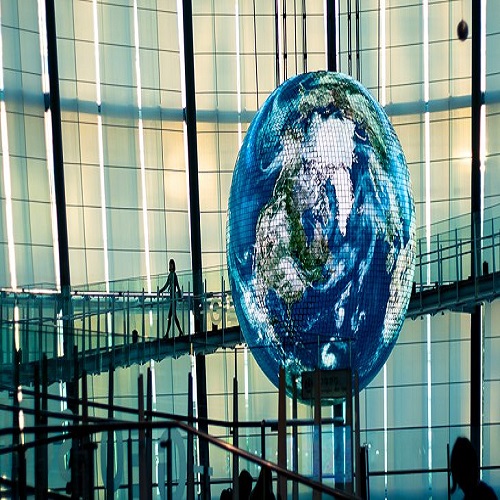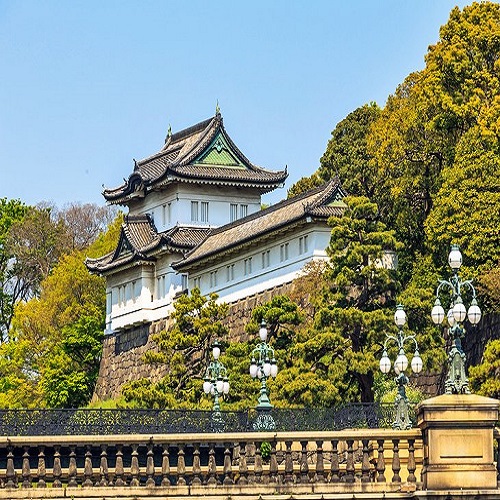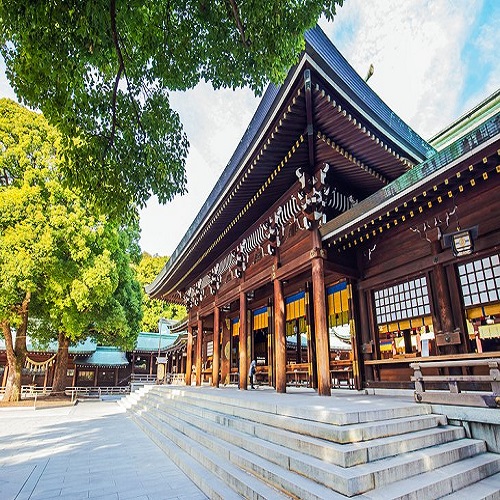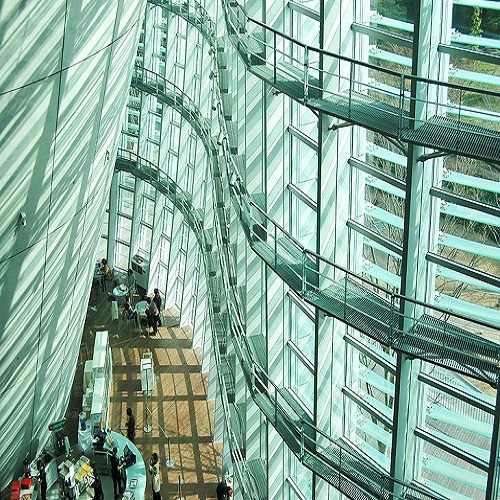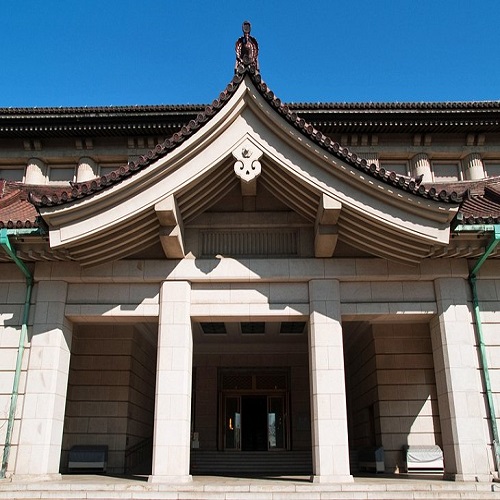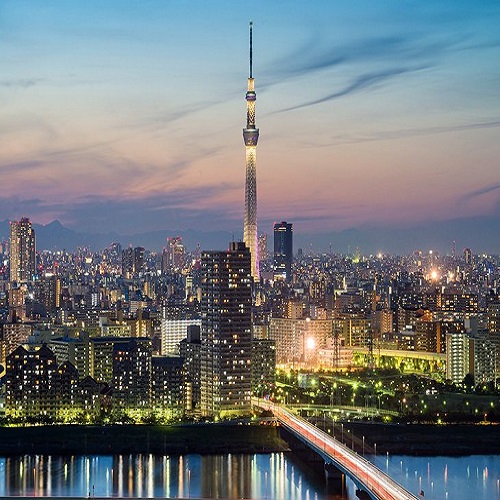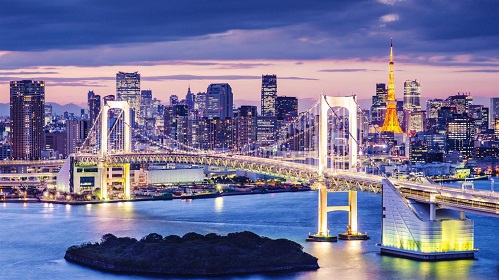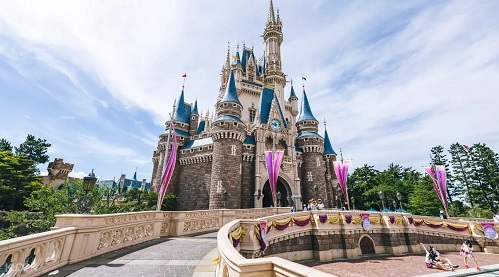Tokyo, Japan
Hotel Venue:
Narita View Hotel, 700 Kosuge, Narita, Chiba 286-0127, Japan (Tentative Hotel)
For more details Whatsapp us: +3 246-690-3133
ABOUT: Tokyo, Japan’s busy capital, mixes the ultramodern and the traditional, from neon-lit skyscrapers to historic temples. The opulent Meiji Shinto Shrine is known for its towering gate and surrounding woods. The Imperial Palace sits amid large public gardens. The city's many museums offer exhibits ranging from classical art (in the Tokyo National Museum) to a reconstructed kabuki theatre (in the Edo-Tokyo Museum)..
ECONOMY: The economy of Japan is a highly developed free-market economy. It is the third-largest in the world by nominal GDP and the fourth-largest by purchasing power parity (PPP) and is the world's second largest developed economy. Japan is a member of the G7. According to the International Monetary Fund, the country's per capita GDP (PPP) was at $38,937(2016). Due to a volatile currency exchange rate, Japan's GDP as measured in dollars fluctuates sharply. Accounting for these fluctuations through the use of the Atlas method, Japan is estimated to have a GDP per capita of around $38,490. The Japanese economy is forecast by the Quarterly Tankan survey of business sentiment conducted by the Bank of Japan. It has the world's second-largest foreign-exchange reserves worth $1.3 trillion. It ranks 39th on Ease of doing business index and 5th on Global Competitiveness Report. Japan is also the world's third-largest consumer markets.
EDUCATION: Tokyoites have been subject to the same national education system as the rest of Japan since the Meiji period, when elementary schooling was made compulsory for children beginning at the age of eight. Further reformed after World War II, the system has produced one of the world's most literate and educated populations. While private elementary and secondary schools exist, virtually all Japanese are educated in public schools. Tokyo boasts the world's highest concentration of institutions of higher learning with over 100 universities and colleges, about a quarter of Japan's total. One-third of Japan's university students are enrolled in Tokyo schools.
TOURISM: Tourism in Tokyo is a major industry. In 2006, 4.81 million foreigners and 420 million Japanese visits to Tokyo were made; the economic value of these visits totaled 9.4 trillion yen according to the government of Tokyo. Many tourists visit the various downtowns, stores, and entertainment districts throughout the neighborhoods of the special wards of Tokyo; particularly school children on class trips, a visit to Tokyo Tower is de rigueur.
Cultural offerings include both omnipresent Japanese pop culture and associated districts such as Shibuya and Harajuku, subcultural attractions such as Studio Ghibli anime center, as well as museums like the Tokyo National Museum, which houses 37% of the country's artwork national treasures (87/233). No buildings in Tokyo are World heritage sites and only the Jizo Hall of Shofuku-ji, a suburban temple, is a National treasure. Other popular attractions include the Imperial Palace, Meiji Shrine, and Sensō-ji, a popular temple. Finally, many tourists, particularly foreign tourists, visit Tsukiji Fish Market, as the time-zone difference leads to foreign visitors waking up very early local time.
SOME TOURIST ATTRACTIONS:
The Imperial Palace| Ginza District: Shop 'til you Drop| The Sensō-ji Temple| National Museum of Nature and Science| Ueno Park and Zoo| Tokyo National Museum| National Museum of Western Art| The Meiji Shrine| The Miraikan and Edo-Tokyo Museums| The Tokyo Skytree| The National Art Center| The Kabuki-za Theatre, Ginza


